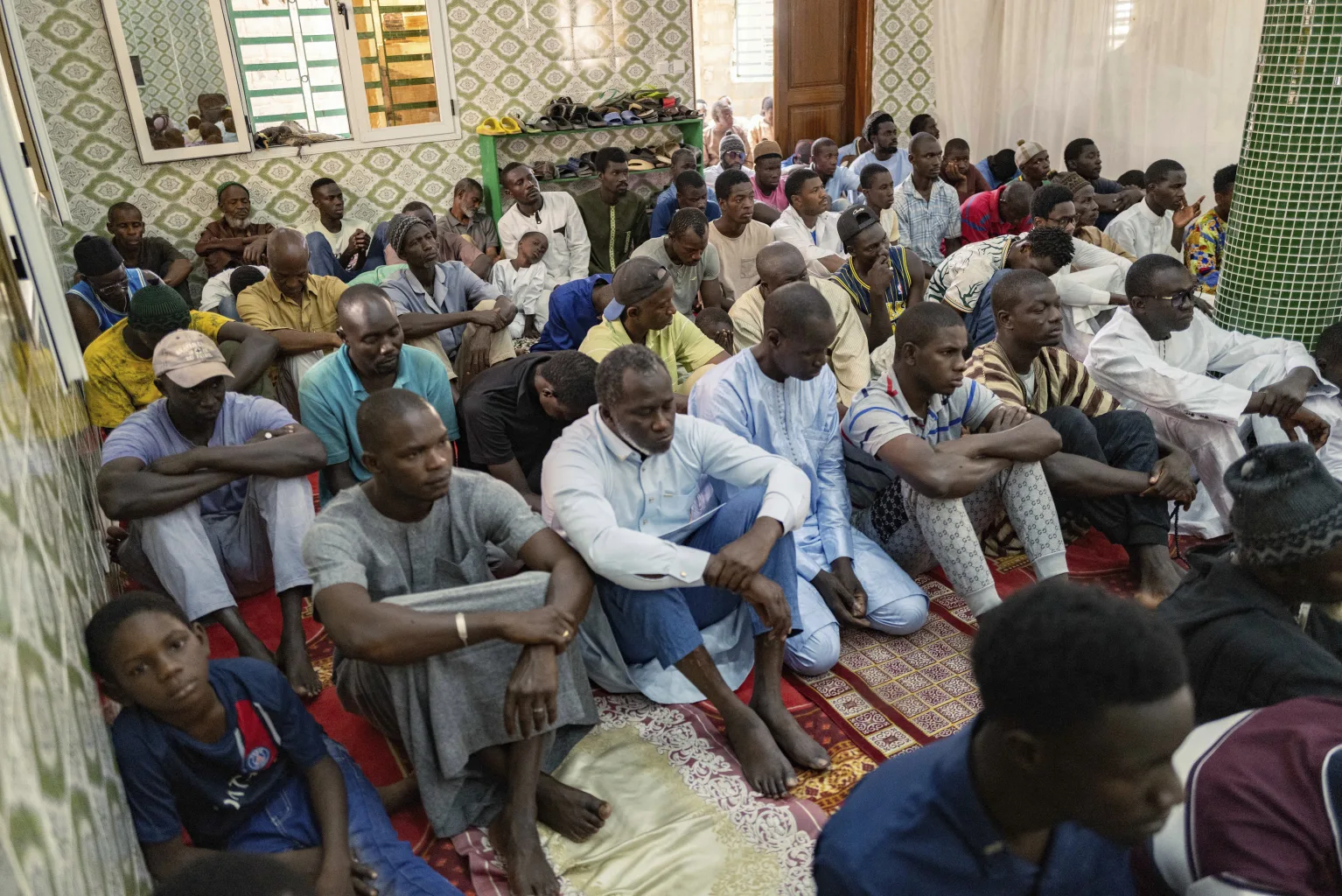Kenya is pressing ahead with plans to build its first nuclear power plant in Siaya County as part of a strategy to boost energy access and secure long-term supply.
Energy and Petroleum Cabinet Secretary Opiyo Wandayi told the Senate Committee on Energy sitting in Kisumu that the project, spearheaded by the Nuclear Power and Energy Agency (NuPEA) was on course to address the country’s energy gaps.
Wandayi said the plant was being set up in accordance with the International Atomic Energy Agency’s (IAEA) regulations adding that NuPEA was looking into all the concerns raised by different stakeholders to ensure that the project is rolled out as scheduled.
“For the first time, Kenya is staring at a situation where we shall be operating a nuclear power plant. All concerns on safety and the environment are being addressed in strict adherence to IAEA guidelines,” the minister said.
The plant, he said, has secured strong political backing from President William Ruto, opposition leader Raila Odinga and the Council of Governors, terming it as a historic step in securing clean, reliable baseload power to spur industrial growth.
Alongside the nuclear plant, the government has secured Ksh15 billion from the World Bank to implement off-grid electrification in 14 underserved counties, mainly in northern Kenya and arid regions far from the national grid, he added.
The targeted counties include West Pokot, Turkana, Marsabit, Samburu, Isiolo, Mandera, Wajir, Garissa, Tana River, Lamu, Kilifi, Kwale, Taita Taveta and Narok.
Wandayi said the Rural Electrification and Renewable Energy Corporation (REREC) would lead the rollout in collaboration with other state agencies.
“What we want is to ensure that the country develops together. For a long time, most of these regions have been left behind, and the government of President William Ruto has taken it upon itself to bring them at par with the rest of the country,” the cabinet secretary said.
He said, the off-grid systems including solar and hybrid mini-grids were expected to complement the expansion of the national grid, bringing power to households, schools and businesses that have waited decades for connection.
Wandayi described the twin projects as transformational, saying they would help unlock economic opportunities in marginalised regions while positioning Kenya as a leader in sustainable and secure energy supply in Africa.
On the proposed privatisation of the Kenya Pipeline Company (KPC), Wandayi told the Senate Committee that the ministry has already tabled the proposal before a joint committee of the National Assembly on Energy and Privatisation.
As the proposal continues to elicit mixed reactions from different stakeholders, Wandayi appealed for calm saying the initiative was at its formative stages, adding that due process shall be followed before the shares are offloaded.
“Kenya Pipeline Company is owned by the National Treasury, and it is on record that the government intends to offer the shares it has in KPC to the public. This process will be governed by the Privatisation Act and undertaken in strict compliance with the law,” he told the committee.
The process will be undertaken by the Privatisation Commission once it is approved by the National Assembly, he explained.
KPC operates a 1,342-kilometre network of pipelines that transport refined petroleum products from Mombasa to Nairobi and depots in Eldoret, Kisumu and Nakuru.
It is a strategic asset in Kenya’s energy infrastructure, which ensures the continuous supply of fuel to the domestic market and neighbouring countries. The government argues that privatisation could inject capital for modernisation, improve operational efficiency, and expand capacity to meet growing regional demand.
However, the proposal has stirred debate over national control of critical infrastructure, with some legislators and civil society groups warning against selling stakes in a profit-making state monopoly that plays a key role in national energy security.
Parliament is expected to debate the plan in coming weeks, with the outcome likely to set the tone for other pending privatisation proposals under the government’s economic reform agenda.
Senate Committee on Energy Vice Chairman William Kipkemoi affirmed the House’s readiness to support the ministry through legislative reforms, saying senators are prepared to amend laws that would improve efficiency in the energy sector.
“Our job as senators is legislation, representation and oversight. If there are any laws that the Cabinet Secretary and his team want us to engage on, especially in amendments, we are there to assist,” Kipkemoi said.
He added that during the two days’ retreat, the Senate would engage the ministry on contentious issues around wayleaves; the legal rights to access land for laying energy infrastructure. He said county governments, through the Council of Governors have raised concerns over provisions in the Energy Act 2016 which appear to prevent them from charging wayleaves without express approval from the Cabinet Secretary.
- A Tell Media / KNA report / By Chris Mahandara







